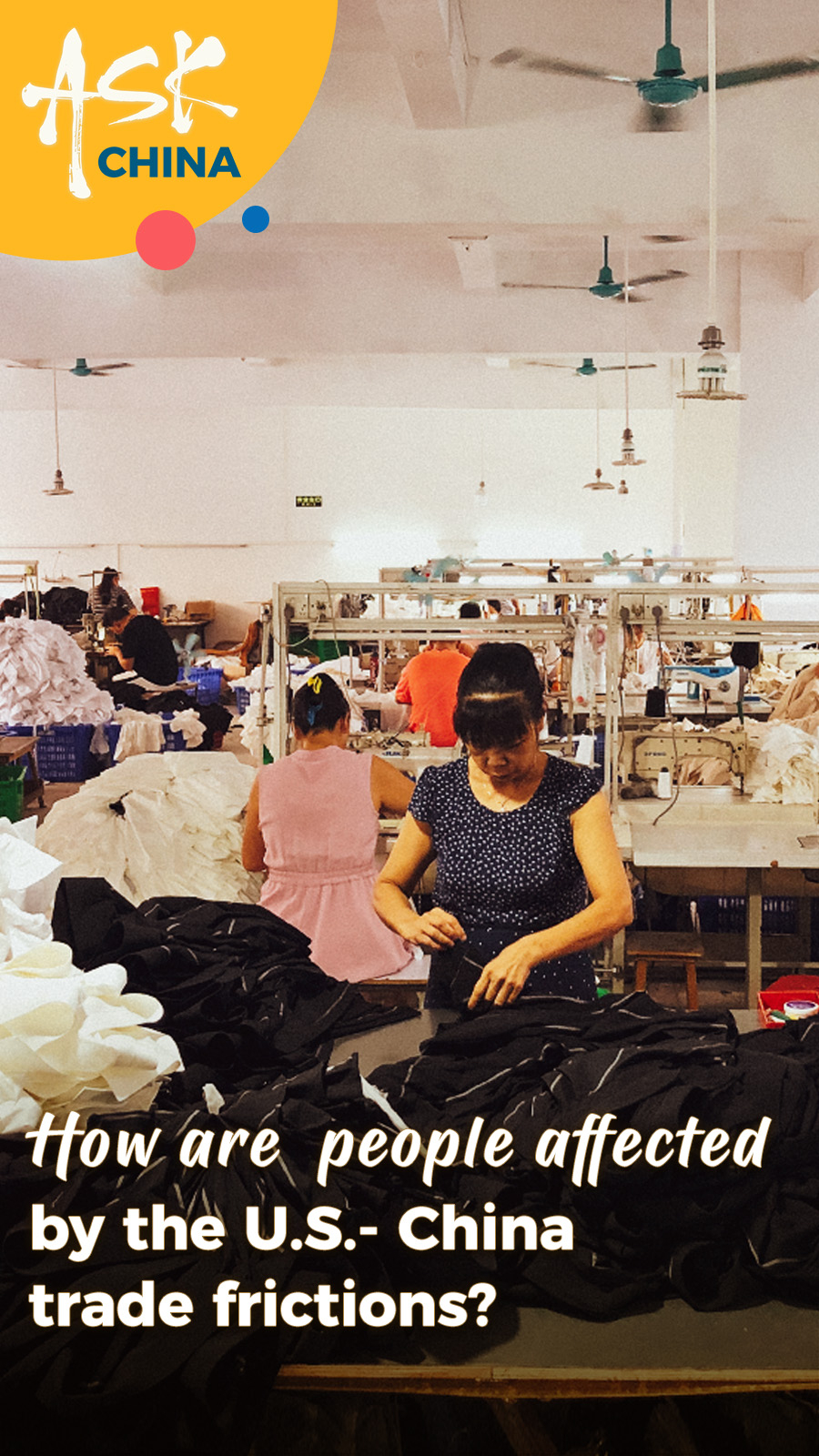04:53

Since last year, the U.S. and China have stood toe to toe, while their back-and-forth trade war rocks the entire world.
According to the American Farm Bureau, the total of American agricultural exports to China dropped from 24 billion U.S. dollars, in 2014, to 9.1 billion U.S. dollars, in 2018. And in the first half of 2019, exports likely go down 1.3 billion U.S. dollars.
After the 12th round of China-U.S. trade consultations in Shanghai in July, the U.S. once again decided to impose new tariffs on 300 billion U.S. dollars worth of Chinese goods, driving China to respond with additional tariffs.
Tariffs are not an issue that just concerns the U.S. and China. Other countries are also caught in the middle of the dispute. The global effects of Trump’s trade war have emerged.
With this in mind, CGTN went to Guangdong Province, where the Pearl River Delta is one of the country’s most vibrant economic regions to talk with Chinese entrepreneur Li Ruodan and see how she is tackling the economic difficulties related to this issue in her daily life.
Li Ruodan started her career in the export trade. In 2002, she began trading redwood furniture by chance. Referring to the China-U.S. trade war, she stated that this dispute by the U.S. government caused great losses for companies in both countries. In her opinion, entrepreneurs should focus on quality, and constantly renew themselves in a bid to find new opportunities.
There is no doubt that the damage caused by the U.S. trade war made 2019 the worst year for global trade and economy. The IMF has also warned that the tariffs war could knock 0.5 percent from global GDP output in 2020.
China's trade delegation led by Chinese Vice Premier Liu He will travel to Washington for the 13th round of high-level trade consultations with the U.S. in the week after China's National Day holiday.